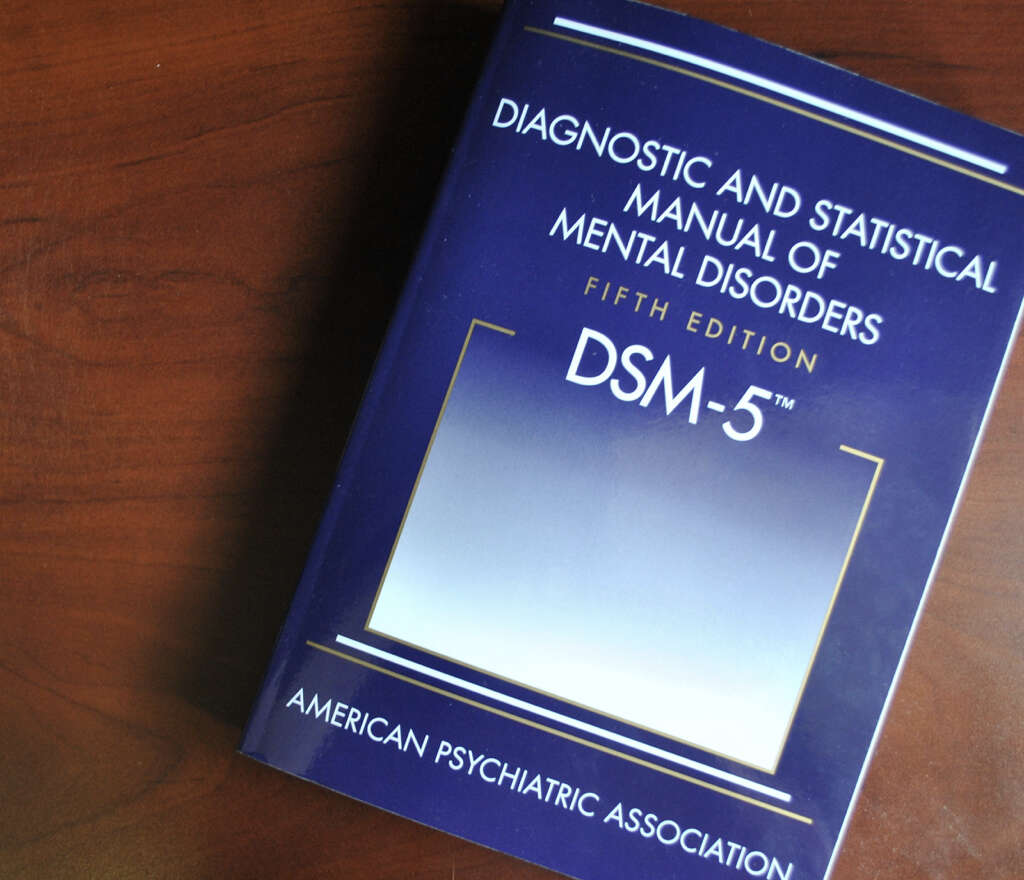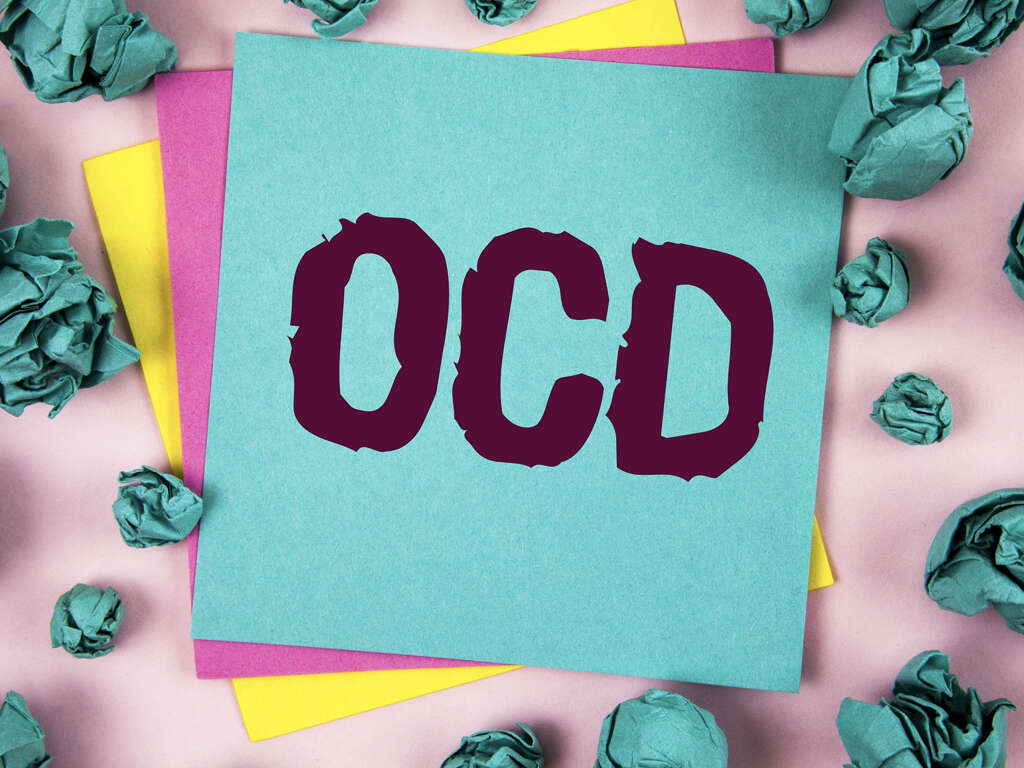What Are Personality Disorders?
When you hear the term personality disorder, you might imagine someone who has a broken personality. This stereotype is far from the truth and it can be harmful to those with this very real form of mental illness when they seek treatment or tell loved ones about their condition.
Think of your personality as a set of traits that you were born with as well as learned coping skills that you have picked up throughout your life. People with personality disorders have often developed unhelpful coping skills that make their lives, relationships, and emotions more difficult to manage.

1. What Is a Personality Disorder?
Simply put, a personality disorder is a rigid way of thinking and behaving that causes someone distress. Some people with personality disorders are well aware of their condition, but it is more common for someone with this type of disorder to perceive himself as mentally healthy.
Personality disorders are divided into Cluster A, B, and C to make diagnosis simpler. Cluster A disorders include people you might see as eccentric, Cluster B disorders are considered “dramatic” due to their flair for melodrama and attention-seeking, and Cluster C features are typically anxious and controlling.

2. What Are Cluster A Disorders?
Cluster A personality disorders include paranoid, schizoid, and schizotypal personality disorder. Though the schizo prefix brings to mind schizophrenia, this latter condition is not a personality disorder at all but a severe mental illness that affects mood, emotions, and personality and often presents with hallucinations.
Schizotypal patients are typically considered eccentric and may have an unkempt appearance with persistent preoccupations and anxiety. A patient with schizoid personality disorder, on the other hand, might have a total lack of pleasure in social activities, a lack of interest in sex, and a cold demeanor. Paranoid personality disorder patients distrust everyone and develop odd or conspiratorial ways of thinking.

3. What Are Cluster B Disorders?
These disorders often present in patients as dramatic, attention-seeking, or ruthless behavior. Antisocial personality disorder can be quite a serious diagnosis; these patients seem to have no remorse for their actions, can lie easily, and often have behavioral problems as children.
Borderline and histrionic disorders may seem similar on the surface due to their attention-seeking characteristics, but people with BPD are prone to suicidal thoughts and gestures, while histrionic patients have a deep need for attention and affection. Narcissistic patients have a deep-seated belief that they are entitled to special treatment.

4. What Are Cluster C Disorders?
Cluster C disorders include avoidant personality disorder, dependent personality disorder, and obsessive-compulsive personality disorder. Avoidant patients are characterized by their extreme shyness and sensitivity, social anxiety, and avoidance of social situations. Dependent personality disorder patients go beyond “clingy”, though they often are; they present with a lack of confidence and can easily tolerate abuse.
OCPD patients, despite what it sounds like, do not have extreme OCD, though the two mental health conditions can be easily confused. These individuals are inflexible, rigid, and perfectionistic to the point that it interferes with their life.

5. How Are Personality Disorders Diagnosed?
The descriptions listed previously are overviews, and it is easy to see how common stereotypes of each disorder can morph into a caricature rather than a real person with a full life and a difficult-to-understand personality. If you know someone with a personality disorder, you probably understand how complicated they can be. If you don’t, don’t be fooled by the diagnosis: These are real people with real lives, emotions, and relationships.
It can be so difficult to diagnose personality disorders that it sometimes takes years. Therapists observe traits listed in the DSM-V, which is often referred to as the “Bible” of mental disorders, to arrive at a diagnosis.

6. What Therapies Are Commonly Prescribed?
Talk therapy, in which a psychologist or trained counselor helps a patient uncover possible reasons for his or her behavior, can be helpful for those who truly do not understand the troubling ways in which they act. Cognitive-behavioral therapy, which aims to retrain patients’ behavior based on changing their thought patterns, can also help.
Dialectical behavioral therapy can be life-changing for patients who are willing to comply with the treatment. DBT was developed specifically for patients with borderline personality disorder, but it can be useful for other personality disorders as well.

7. Does Medication Work for These Disorders?
Because personality disorders are largely behavior-based, it would be difficult to overcome the symptoms of a personality disorder with medication alone. However, it is often prescribed in conjunction with therapy for patients who need it.
Medication does not change a person’s thought patterns, but it can help with the symptoms of several personality disorders. For example, mood stabilizers, antipsychotics, and antidepressants can help with symptoms like impulsiveness, unstable mood, and psychotic thoughts.

8. What Are the Possible Causes of Personality Disorders?
The cause of personality disorders in general is not known. It’s not as simple as saying that a patient has a certain gene, chemical imbalance, or vitamin deficiency that causes illness. It’s thought that some personality disorders can run in families, while others stem from an abusive childhood.
There are no solid answers when it comes to personality disorders, but thankfully, there are a number of beneficial treatments. With a combination of the right therapist and medication, a patient with a personality disorder may begin to discover and manage his or her triggers.

9. Can You Prevent Someone from Developing a Personality Disorder?
Because it isn’t known what causes personality disorders, there is no sure-fire way to prevent a child from developing one. It’s best to seek help as soon as symptoms appear to prevent them from getting worse.
For those who have a disorder that runs in families, such as borderline personality disorder, creating stability in childhood and avoiding trauma might help mitigate genetic factors that lead to its development. You should absolutely try to validate the emotions of children and give them a judgment-free, stable environment at home, but remember, the environment is not the only factor at work here.

10. Does My Mother-in-Law Have a Personality Disorder?
Does that difficult person in your life have a personality disorder? Probably not. Though the percentage of people living in the United States who have a personality disorder might seem high at 9.1%, chances are that your overbearing mother-in-law or your melodramatic friend does not, in fact, suffer from one of these disorders.
If you know someone who is truly suffering from rigid thinking, paranoid thoughts, or intense fear of abandonment, he or she would probably benefit from talking to a trained therapist. If you have a loved one who is in therapy due to a personality disorder, do your best to support his or her decision and ask how you can help.












